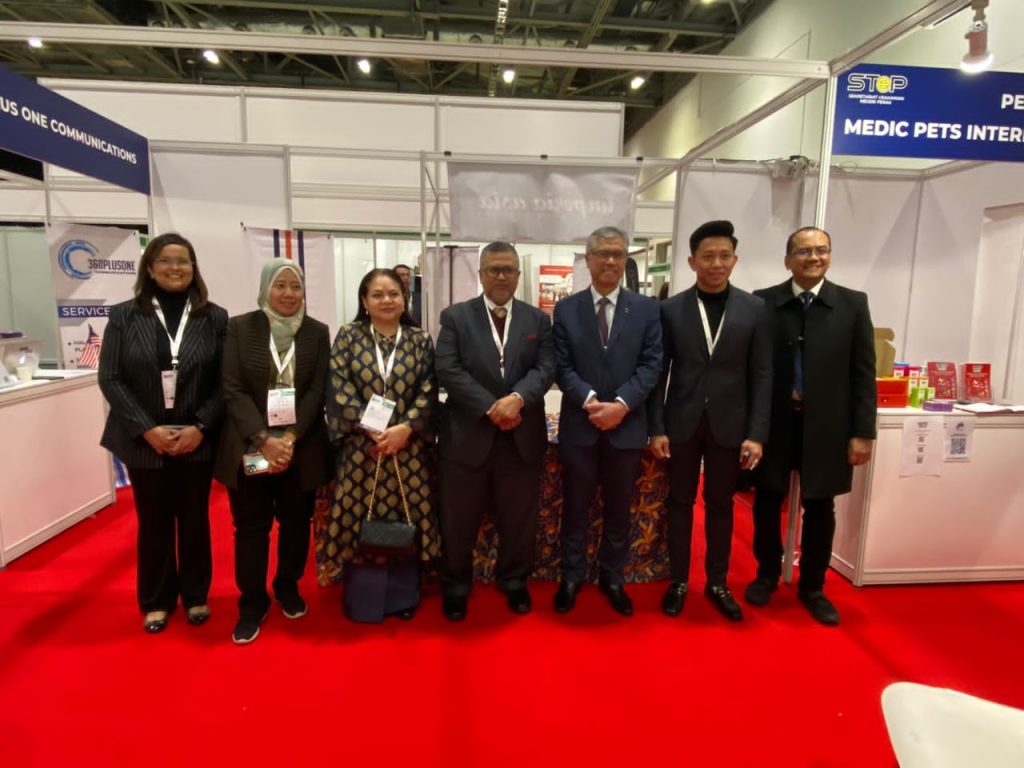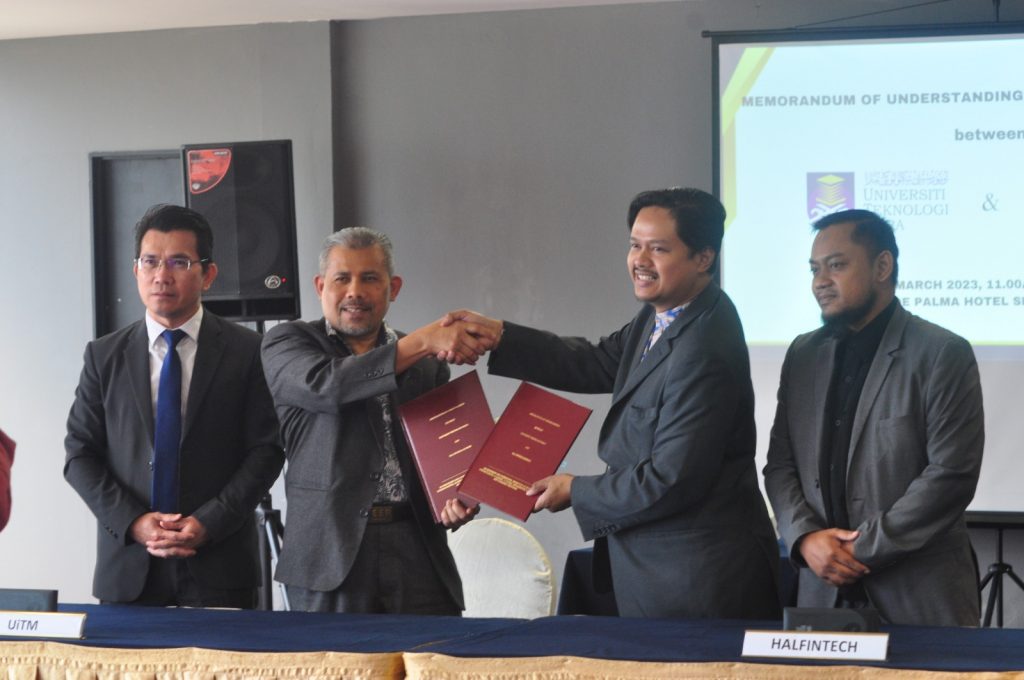BE CREATIVE: Dr Malik says Malaysia is only tapping into less than one per cent of the halal market — Pix: Ashraf Shamsul Azlan
KUALA LUMPUR: Malaysian entrepreneurs have to think out of the box to tap into the lucrative RM9 trillion-a-year halal products market.
Halal Industry Development Corporation (HDC) vice-president Dr Malik Musharaf said Malaysia was only tapping into less than one per cent of the market, taking in about RM58 billion of the share.
“The global halal eco-system is worth more than US$2.3 trillion (RM9 trillion) annually and is fast gaining attention worldwide.”
He said the halal eco-system cut across many industries, ranging from halal food, non-food products and halal related services industry, including Islamic banking and finance, halal logistic, tourism and healthcare.
“We need our local businesses to be creative in finding ways to tap into all these. With the world’s Muslim population being more than 1.8 billion and growing, the need to consume halal-compliant products as a religious obligation also increases,” he said after attending the “Halal Business Sustainability through Branding and Innovation” seminar by HDC and Agensi Inovasi Malaysia (AIM) yesterday, attended by 50 participants from a wide range of industries.
“There is a demand for halal products from non-Muslims seeking the extra security in food safety and quality.” Dr Malik said despite growing global demand, supply of halal products remained low.
“Halal industry players must capitalise on the opportunity to supply halal products as we have the expertise, and also as the Malaysian halal standards have gained consumhubers’ acceptance worldwide.
“Adoption of new innovation and branding strategies can better position local halal products in the global marketplace,” he said, citing Nestle as an example.
“More than 60 per cent of the world market is made up of fast moving consumer goods (FMCG) and in the current climate, the ability to brand and innovate is vital to stay ahead of the business.
“Nestle produces more than 150 halal-certified range of products from beverages, chocolates, dairy, sports to infant nutrition products.”
Dr Malik said the company employed the “farm to folk” system as a foundation for success.
He said HDC was also looking at China and India for future business opportunities.
“India is mostly known for information technology, but there’s food and medicine products as well, and China, too. Both countries have a large number Market worth RM9 trillion a year, local entrepreneurs toldof Muslims and they are active in the halal trade worldwide.”
He said HDC provided assistance and facilitated the needs of halal industry players through capacity development initiatives, which include providing training programmes and consultancy services to companies seeking halal certification.
“We also organise halal-related events in collaboration with the International Trade and Industry Ministry and other related agencies, which include Halfest, the nationwide halal transformation programmes, seminars and industry dialogues. The lucrative halal industry presents a host of opportunity for keen entrepreneurs seeking viable business propositions.”
AIM Wealth Creation chief executive officer Mark Rozario said Malaysia was in a unique position to be a global halal hub due to its excellent infrastructure, conducive business environment and well-established policies supporting initiatives by its government.
“Competition in the halal market is tough and players need to break conventions to stand out and succeed. To do so, other than a strong business model and foundation, you need to produce a proper product and brand positioning to make your offering the first choice for consumers.”



